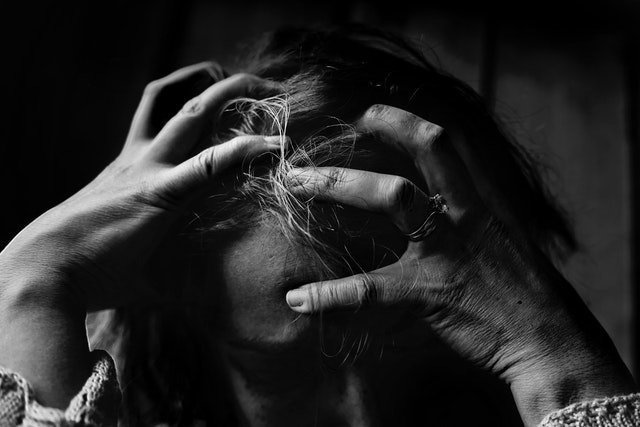Living through emotional trauma can have a profound impact on your mental health. Maybe you lost a loved one, went through a traumatic breakup or divorce, or experienced another unexpected lifestyle change that left you struggling.
And even if you didn’t personally go through physical trauma, you may have witnessed violence that hasn’t left your mind since.
Recovering from emotional trauma isn’t easy. You may feel like you should have been able to bounce back right away, or that you shouldn’t still be suffering months after the event itself. But emotional trauma can be truly devastating. It’s not something that you can simply “get over” in a day or two.
Here are a few strategies that can help you fully heal from emotional trauma.
Take Your Time
First, it’s important to understand that there is no strict timeline for healing. You do not have to feel better by a certain “deadline.” If you’ve been struggling with anxiety, depression, or another mental health issue after living through emotional trauma, you might have started telling yourself that you should be “better” by now.
But truthfully, healing is deeply personal. Allow yourself to feel whatever you’re feeling and don’t put any pressure on yourself to be “cured” by a certain date.
Practice Healthy Habits

If you’re physically healthy, you’ll feel better emotionally, too. Your mental and physical health go hand in hand, so in the wake of emotional trauma, you might find it harder to keep up with good habits. But when you want to heal from trauma, sticking to beneficial routines is crucial.
Aim to cook nutritious meals at home most days, and commit to a bedtime that allows you to get plenty of sleep. Try to incorporate exercise into your weekly schedule, too —working out for just a half-hour a few days per week can be great for your overall wellbeing!
Get Curious
When complicated feelings show up, you don’t have to brush them under the rug. But you don’t have to dwell on them, either. Instead, allow yourself to get curious about your emotions. Ask yourself questions about how you feel and why you feel that way.
Which situations spark strong emotional responses from you now? Why do these situations bring up these feelings? You may want to write about your questions and answers in a journal to process your thoughts.
Focus on Supportive Relationships
Dealing with emotional trauma isn’t easy, and trying to recover all on your own can be next to impossible. Having good friends to lean on is key. Talk to a friend who truly understands you, and who gives you the space to express yourself.
You can also turn to a trusted parent or sibling. Opening up to someone who genuinely supports you is key. Just knowing that somebody cares can make a positive difference in your state of mind.
Seek Therapy
Yes, talking to your family and friends can help you along your path to healing. However, if you’re living with the effects of trauma, you’ll also want to seek professional support. The right therapist can make a huge difference on your healing journey. Working with a therapist can help you master the tools and skills that you’ll need to recover from trauma and improve your quality of life.
A therapist can help you with issues that your loved ones may not understand. And if you’re feeling lonely, a therapist can give you the support you need in forming new relationships.
—
Are you struggling to recover from emotional trauma? Talking to a therapist can help. Reach out to us today to discuss your options for scheduling your first session.
